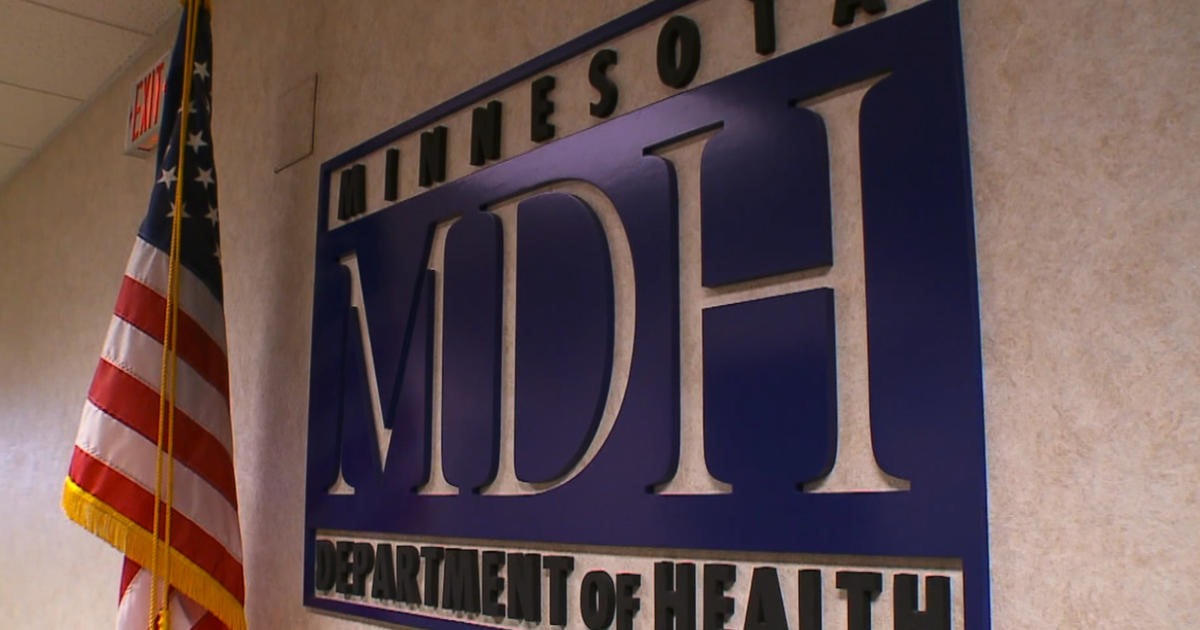Officials: Get Smart About Antibiotics
CHICAGO (CBS) - This week is Get Smart About Antibiotics week, and the American Academy of Pediatrics is offering advice on how to avoid overusing these important medicines.
With the arrival of cold and flu season, the academy has partnered with the federal Centers for Disease Control and Prevention in raising awareness about appropriate antibiotic use.
Antibiotics can be used to cure bacterial infections, but not viral infections.
Bacteria are fully-functional living organisms, which can invade the body and produce toxins that cause illness. Antibiotics poison the bacteria by preventing them from turning glucose into energy, or constructing cell walls.
By contrast, viruses technically are not alive. They are usually single strands of genetic information inside a protein capsule, and they must take over a host cell to reproduce. Antibiotics are of no use against them.
The Centers for Disease Control reminds us that colds and the flu, most coughs and bronchitis, most sore throats, and runny noses are caused by viruses and cannot be treated with antibiotics.
But there are exceptions among sore throats. Strep throat is caused by streptococci bacteria, and is treated with antibiotics.
Bacterial pneumonia, middle ear infections, and some sinus infections are also treated with antibiotics.
The Academy of Pediatrics says you must be sure to use all doses of antibiotics. Otherwise, the infections could return because some bacteria might remain in the body. And the bacteria that remain might become drug-resistant.
In addition, antibiotics can kill the body's resident flora, or the "good bacteria" that live on or in the body all the time and help with bodily processes or keep out infections.
In some cases, the consequence of this can be new infections from other resident bacteria or fungi such as yeast. Some people take probiotics or eat yogurt during antibiotic therapy to prevent this.
For adults, several sources say that despite a widespread myth, drinking alcohol in moderation while taking antibiotics usually does not decrease their effectiveness or pose a danger. But the U.K. National Health Service says for certain antibiotics, alcohol must be avoided completely.
The first antibiotic discovered was penicillin, which was discovered by accident from bread mold. Today, there are more than 100 available for a variety of bacterial infections.







